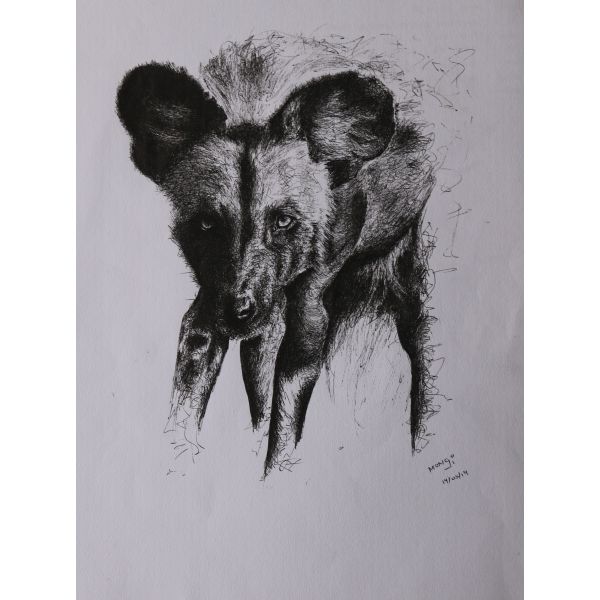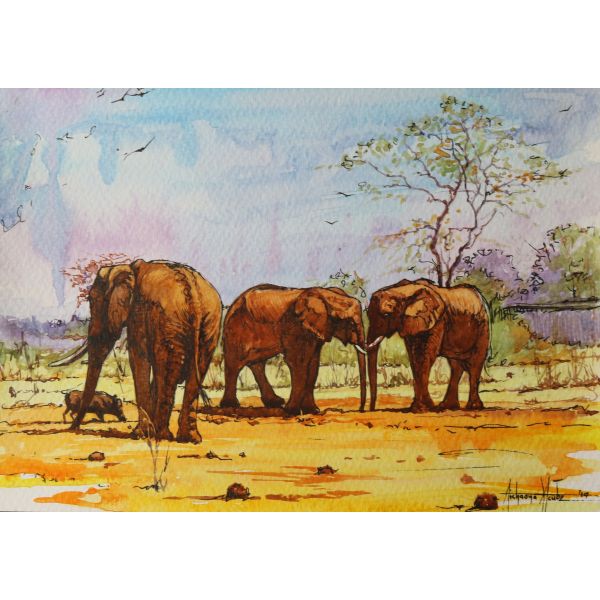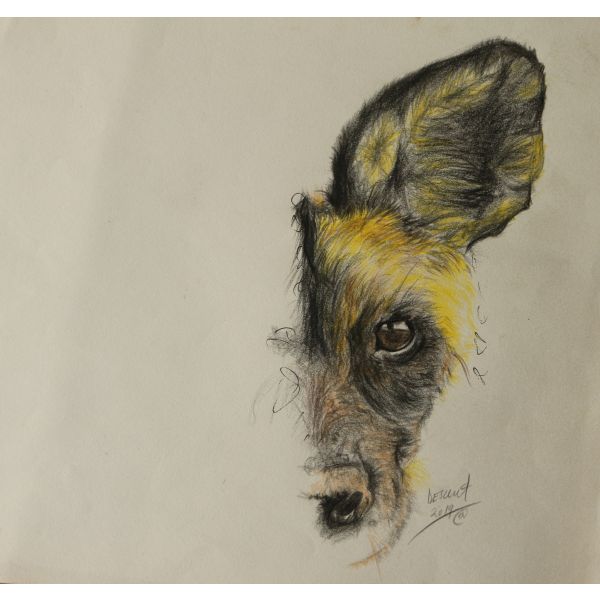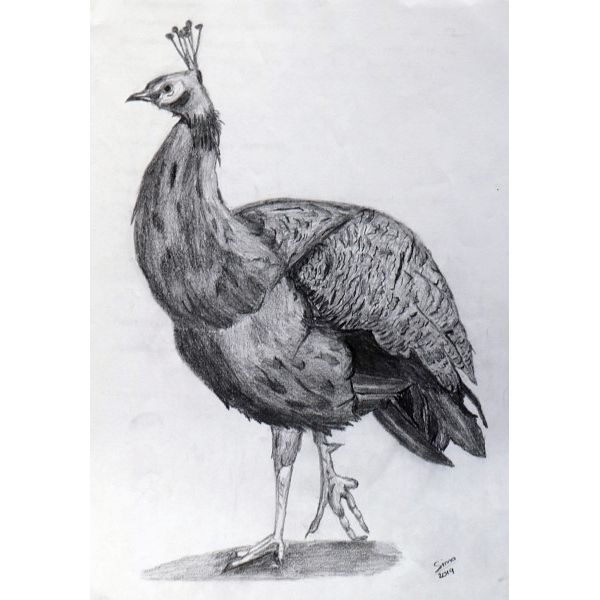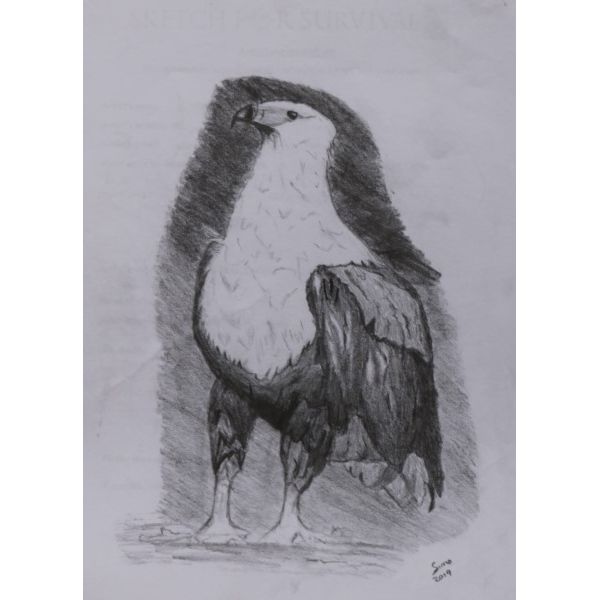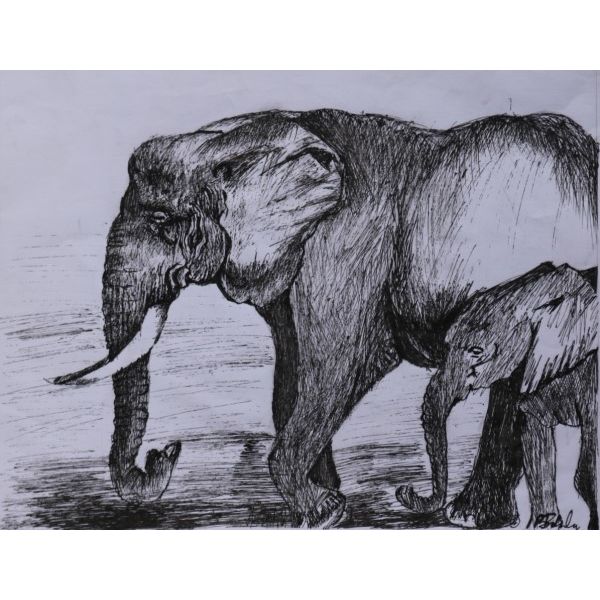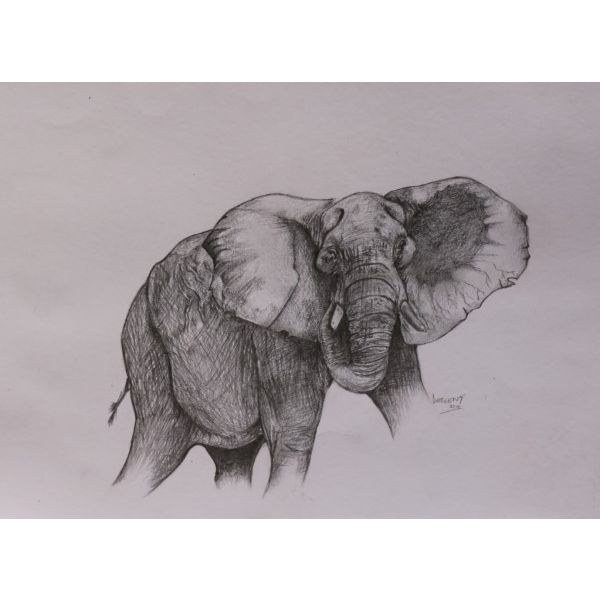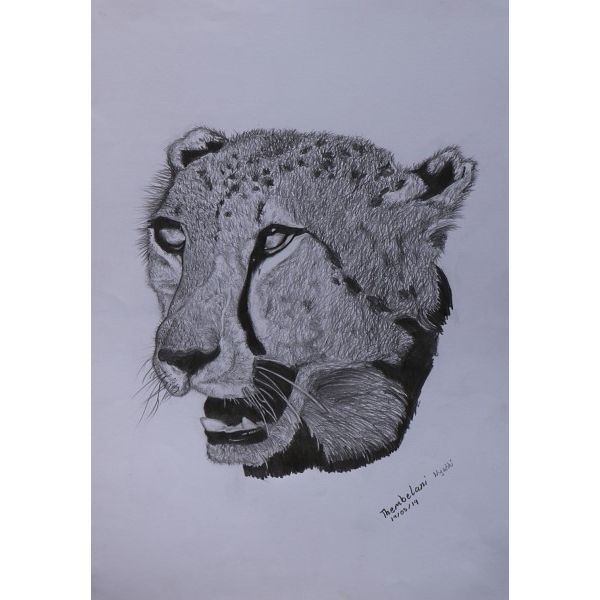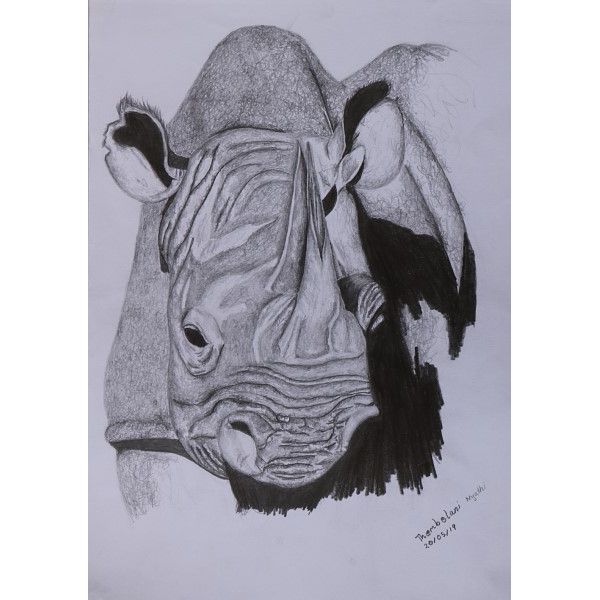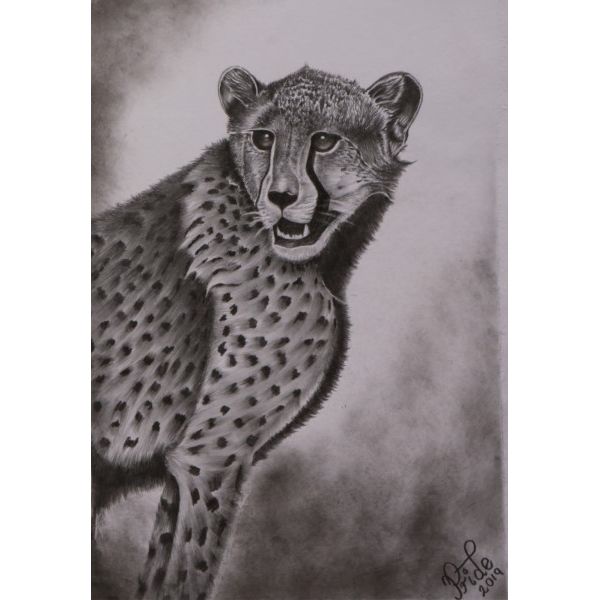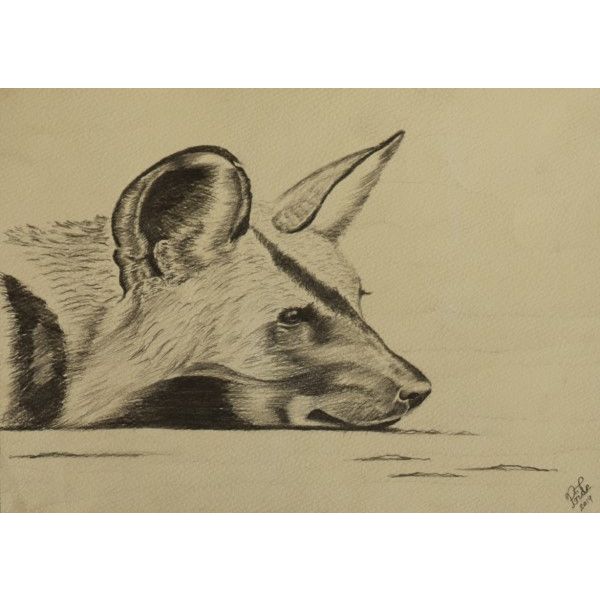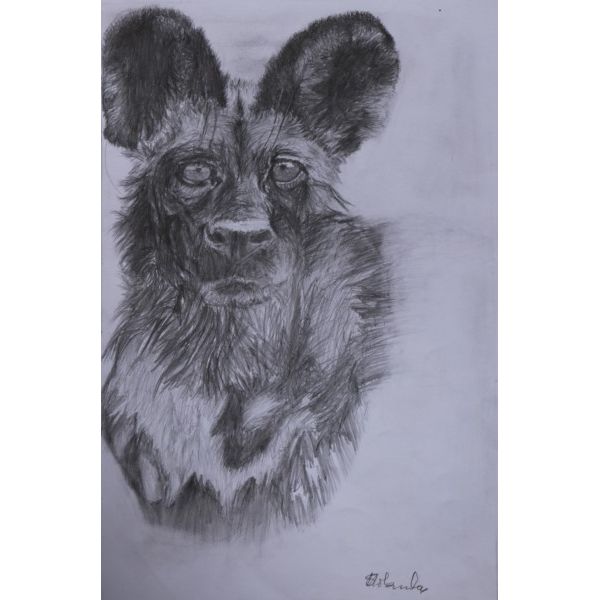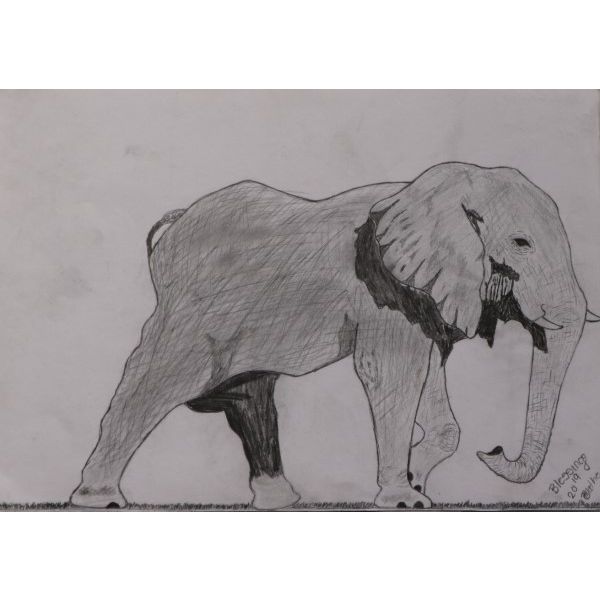Arts for Animals
Arts for Animals (AFA) is a nonprofit organization dedicated to the preservation of endangered species through education and artistic inspiration. It sprang from a desire shared by leading US artist Anne London ,and her husband ,Jim Hart, to do something concrete to save the wildlife they had grown to love.
Explorers against Extinction is proud to help promote the work of AFA which demonstrates how art can be used to help save species threatened with extinction. Each year we profile and promote work from some of the children in the AFA programmes.
Here is a selection of work submitted by ASA students in 2019:
How AFA Started
Anne and Jim designed a poster that teaches children how to draw elephants, rhinos and cheetahs, three species that are rapidly disappearing from Africa. With the poster, the duo designed a teaching plan that connects children’s creativity to messages of wildlife conservation and stewardship.
These posters and lesson plans are now distributed, along with drawing tools ,to schools and conservation education camps across Botswana ,Zambia and Zimbabwe. Anne visits new schools each year to teach the kids and help their teachers develop skills to use these poster.
The Education Process Grows
Anne and Jim began teaching San bushmen children in the Kalahari desert in 2012, with help from the Children in the Wilderness organization. The response from the kids and adults was startling. Elders of the tribe instantly recognized how the disappearance of animals was impacting their daily lives.
Anne then taught 32 children at Jabulani school in rural Victoria Falls. She showed them how to draw while speaking to them about the importance of protecting wildlife. This school initially began in a tent with just three children and a local woman, who had seen the need to educate the area’s children. Jabalani now has over 400 students.
From these children’s sketches AFA made notecards that are now on sale at high-end safari camps across southern Africa. The notecards have not only raised funds for the program, but they have also boosted awareness and increased interest in helping African children learn the value of art and wildlife.
In 2014, Zimbabwe’s minister of education visited the Jabulani school. Upon seeing the notecards, he recognized the valuable role of art education in the development of Zimbabwe’s children. In an unprecedented move, he appointed a full-time art teacher at Jabulani school. Connecting creativity with conservation has struck a chord with the children and people of Africa.
In 2016, Zimbabwean officials attended the opening of the new Arts for Animals Wildlife Centre and were so impressed, they are planning to use it as a model for Wildlife Education centres across Zimbabwe using art to help teach wildlife conservation .
In 2017, AFA hired a new Wildlife Centre director /teacher to run advanced art classes, paid for with funds donated by our supporters.
Other leading wildlife artists have volunteered their services to AFA:
Sarah Janece Garcia has become the key to their social media program and has helped save wildlife by donating her art and time to raising money for Ranger scholarships.
David Bjurstrom ,an accomplished, and award winning, pencil artist volunteered to visit the Wildlife centre in Zimbabwe and teach drawing lessons to our students there.
In 2018, they expanded our programs into South Africa to Timbavati Bush Camp near Kruger park. Timbavati offers four-day conservation focused camp experiences to children from all over South Africa.
In 2019, AFA is setting up a second conservation Art wildlife Center in Victoria Falls at Mosi Oa Tunya High School. It had an excellent space for teaching art but with no art supplies and uninspiring class space, it barely functions. AFA will convert that room into an inspiring, motivating art space where children and adults can learn more about art and the importance of their animals using AFA teachers, lesson plans, and materials. Located in the centre of Victoria Falls, Mosi Oa Tunya is one of the largest high schools in the area and will enable hundreds more students and adults to be exposed to AFA programs.


